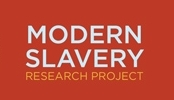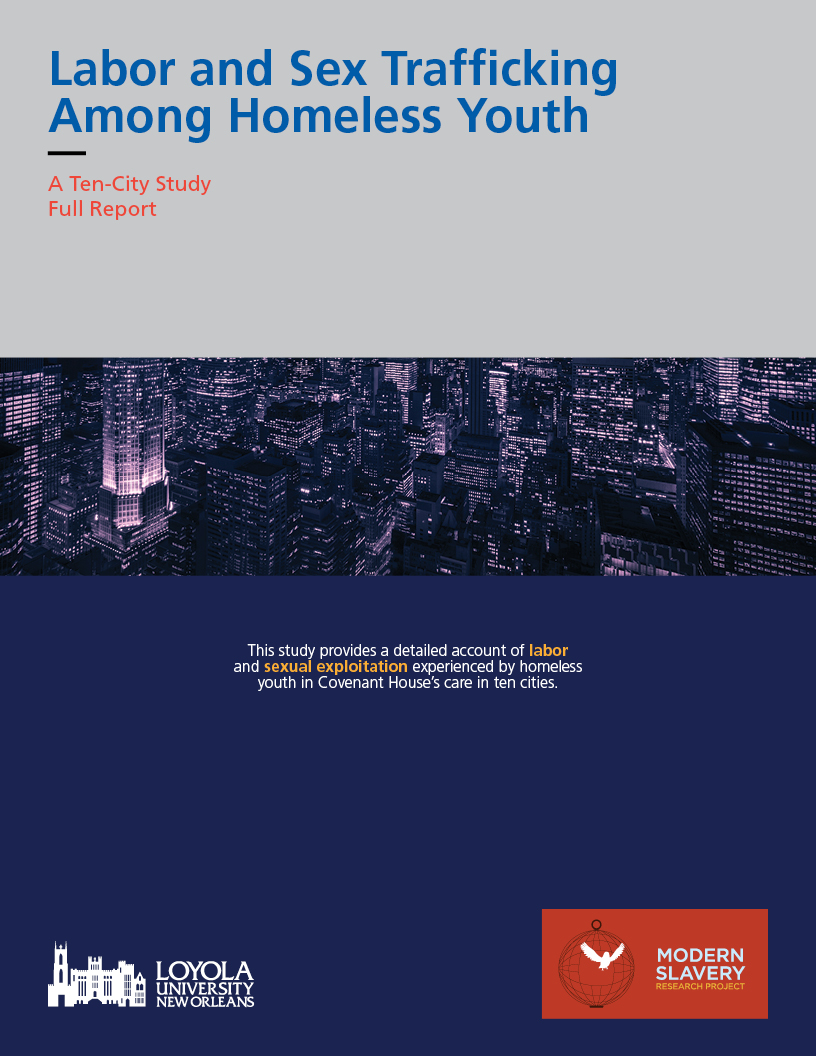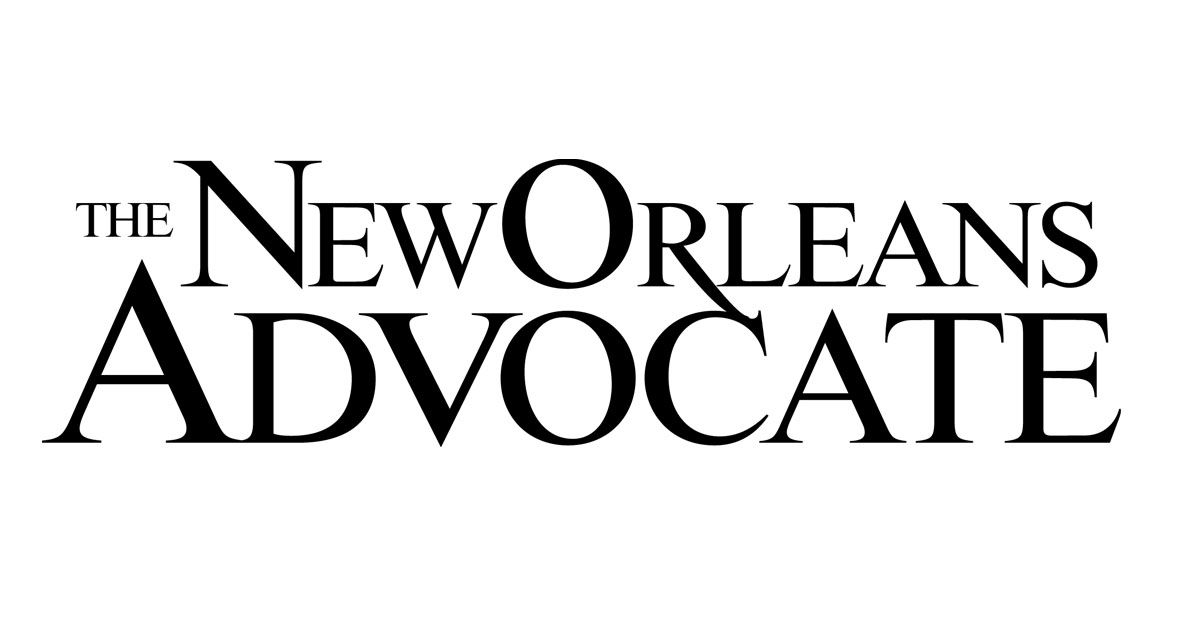OUR LATEST REPORT: HOMELESSNESS AND TRAFFICKING in the U.S. and Canada
In partnership with Covenant House International, MSRP interview over 640 homeless youth to better understand the prevalence of trafficking among that population and the common factors in their lives that foster vulnerability. The report provides critical recommendations for service providers and legislators for how to improve youth resilience and provide better protections for our most vulnerable populations. Read the full report here.










